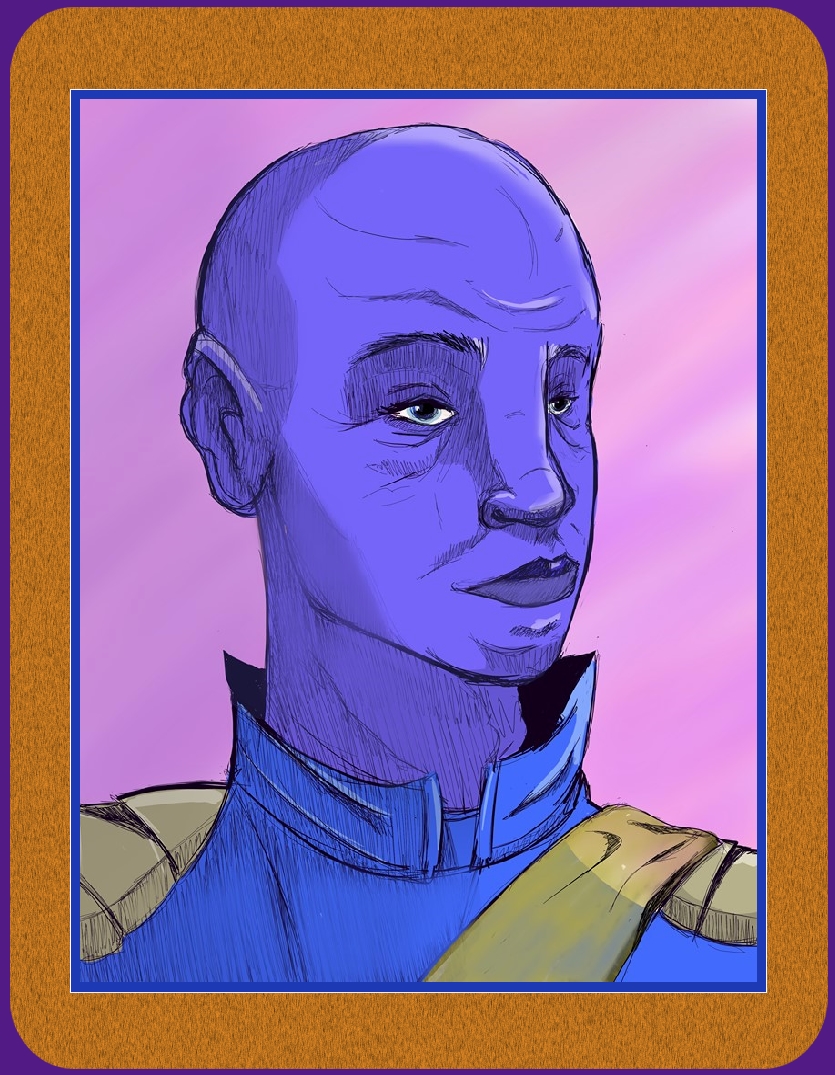
(Omal explores the post colonization history of Atlantis and Lemuria as ships still traveled between the stars and Earth and this planet was one of the Sirian sister worlds. When those ships stopped coming, the planet became isolated and cut off which caused some major changes in the language and style of dress. At the end, he gives a look at a slice of time on our planet when Atlantis was being colonized while around the world were pockets of Lemurian survivors and humans species as it was then.)
Omal: okay, now let us move along to my dissertation and dealing and addressing evolutionary history and the consciousness of the development of the mind in relationship to the evolutionary history of a race. Now this could apply to any race anywhere that goes through the same set of circumstances. You have a race that comes in exile with other races that are genetically similar yet different enough to have a variation. They arrive on a world, they become isolated after a time. Up until the isolation, there is little difference between them and other spacefaring races. Now the question that should be asked and addressed is why would a group of individuals wish to come to another planet? Well there are many possible avenues to explore in this explanation. They come for freedom of speech, freedom of expression, for a new chance as persons. These are just four examples of possible reasons why individuals would move to a new location. A fresh start, that is number five. Up until the point of isolation, there is very little difference as I have stated between them and the evolution that is going on on other sister worlds or sister continents or countries or areas. Now, once the isolation sets in, variations start to occur from the sister worlds. First of all, linguistics changes because there is no longer contact with the group that is connected with externally but the evolution that happens in the language is a key to a specific nature of the world. Environment plays tremendously in the development of linguistics. For example, the British famous trait about talking about the weather. Well they have a country that is a very, varied variety of weather. From rain, cold, snow, hot, windy, foggy, cloudy, humid, all of these things very vary and in a small area as well. So the topic of discussion normally is interacted with the environmental factors. We will address environmental factors in the changing in linguistics later on. We are at present setting up for future discussion. Now, the second occurrence in the isolation is moral behavior which again is created by the climate of the area. On a world where it is cold and only a few warm days, it becomes necessary to wear clothing and when you move to a world where it is hotter, until the isolation occurs, clothing is part of the system. It becomes a taboo after a while not to be clothed. When the isolation comes and there are no longer visitors, then it becomes a little lax and clothing becomes optional. Again we will address this at a later time. What, no laugh?
Russ: not yet, I’m taking it all in.
Omal: ahh, you miss the humor in that. When we were talking about clothing optional and will address this later. Three is interaction with ethnic and racial different groups. Because the external source is taken away, interaction is forced into groups that had a self-inflicted apartheid. They interact, they start to grow together and blend and meld, so in doing so they change. This third event affects the previous two also. Four and finally for the topic of discussion at a later date, survival and necessity and wealth within a community. When I talk about wealth, I’m not referring to fiscal wealth, I’m talking about spiritual wealth and knowledge. Because external sources are taken away, the learning process from external sources is no longer there so they have to search internally for the advancement and education and progression that is necessary for a humanoid species. Okay, any questions?
Russ: yeah, these folks who are actually visiting, searching for one or many different reasons to do so, it sounds similar to our pilgrims that we're so used to in our early American history who came here looking for freedoms.
Omal: yes.
Russ: so in many ways you could compare the two groups.
Omal: yes you could but let us address pilgrims.
Russ: okay.
Omal: that is an inaccurate description. Pilgrims suggest going to a religious site.
Russ: right.
Omal: so to say your early pilgrims, your early people searching for a religious site, that is inaccurate, that needs to be addressed, changed and corrected.
Russ: more like settlers?
Omal: correct, founding fathers, founding parents, early settlers, these are all correct as opposed to pilgrims.
Russ: well it’s just history we’re quoting or I’m quoting.
Omal: history is inaccurate in using that phrasing.
Russ: I agree. Okay now how close is the genetic match between the visitors and the indigenous people that they’re coming across that we're speaking of?
Omal: the indigenous people are settlers.
Russ: then who are the visitors?
Omal: the visitors are people that come to the area from sister worlds, they are the same race in essence, just from different worlds.
Russ: right.
Omal: for example, the Sirians coming to earth to form Atlantis and Lemuria, they are the same.
Russ: right?
Omal: so therefore there is no difference.
Russ: but what about later? Let’s say in the time of our early settlers…..
Omal: uh-huh.
Russ: we don’t have a clear history of those visitations taking place then or if we do, they're well hidden.
Omal: explain your early settlers, I’m not quite sure what you mean, are you referring to on your current continent or on your planet?
Russ: on our current continent. Visitors from sister worlds I think would be the most appropriate term.
Omal: correct. There are references, they are described as angels, demons and so on.
Russ: hmm.
Omal: bright entities.
Russ: okay, so we might if through a little research be able to find possible clues to their arrival here.
Omal: correct.
Russ: and what they might’ve left behind?
Omal: correct.
Russ: hmm, excellent.
Omal: if you look in your religious texts, visions that lots of people saw, it is possible that those are extraterrestrial visitations.
Russ: hmm, okay and I’m sure that because the early settlers here on our continent were getting to know our indigenous species that was here…
Omal: uh-huh.
Russ: the American Indians or Native Americans, then it was only a very minor part of our continent was being settled.
Omal: correct.
Russ: it’s more likely that the Native Americans who took up eighty more percent of our continent at the time would have had more contact with those same…..
Omal: correct.
Russ: visitors from sister worlds.
Omal: correct.
Russ: ahhh, and there we can find probably many references if we were to delve even further?
Omal: correct.
Russ: ahh.
Omal: okay, last question.
Russ: all right, has the mission of the visitors from the sister worlds to the visitors who we now come across changed any?
Omal: yes, it is more scientific because it is an inhabited planet. When the Sirians first came, it was a very sparsely inhabited world with humanoid-type beings that were in a primitive state and primitive, I’m talking about Neanderthal, pre-Neanderthal. So that it was already ongoing. When Atlantis occurred, there were little pockets here and there of a few hundred individuals in various locations that were survivors from Lemuria. So, by looking at this at a sparsely populated world, there is ample room for habitation of an external group of individuals.
Russ: I see.
Omal: okay.
Russ: thank you.
Omal: you’re welcome. Live long, prosper and, I will be back.
 |
 |
